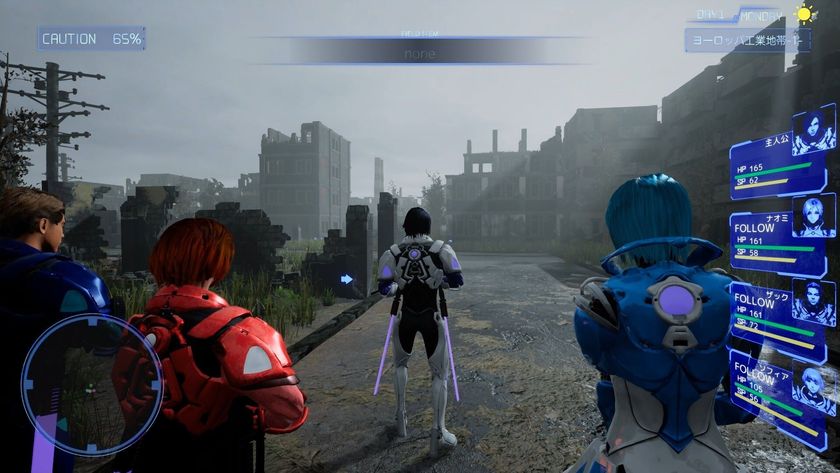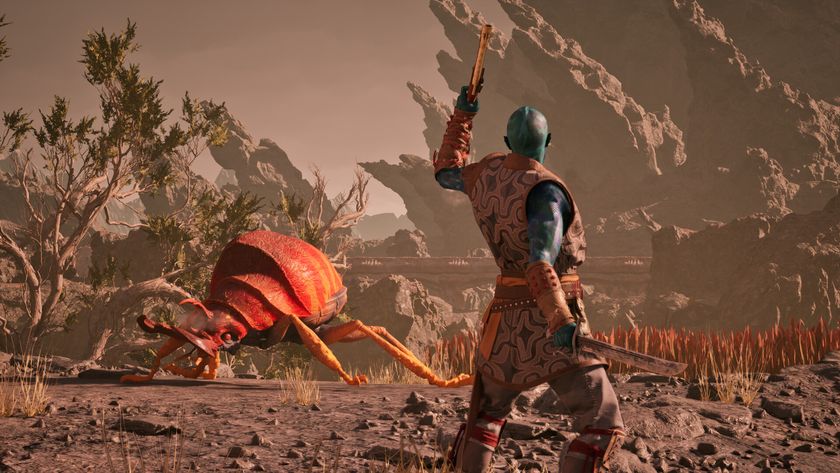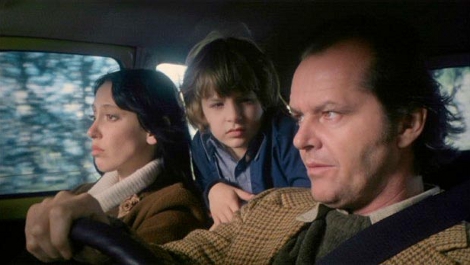Why you can trust 12DOVE
We love escapism in movies, but what happens when a film’s mysteries prove so magnetic that we can’t escape them?
All kinds of merriment and mad readings, according to Rodney Ascher’s hilarious, head-spinning docu-study of one such movie-as-maze.
From five fans’ theories about The Shining , Ascher has combined an affectionate parody of obsession with a tribute to the ambiguities of Stanley Kubrick’s hotel horror.
The range of thinkers presented proves the reach of Kubrick’s Stephen King makeover. Ascher could have fielded bored stoners or jargon-packing academics in a mash of Clerks’ Star Wars debates and a film-studies seminar.
Instead, his contributors are foreign correspondent Bill Blakemore, history professor Geoffrey Cocks, playwright Juli Kearns, ‘culture-jammer’ John Fell Ryan and ‘hermetic scholar’ Jay Weidner, lively minds brimming with notions.
Granted, some of the notions stretch credulity: good luck spotting Kubrick’s face in the sky or – an old chestnut, this – penises in piles of paper.
The argument that Kubrick was mounting a confessional about his involvement in a moon landings conspiracy takes no less swallowing, though at least it furnishes some teasing observations.
The combination of keen scrutiny and Kubrick’s reputation provides traction elsewhere. Visual evidence is gathered to claim that Kubrick had bigger histories of violence in mind than Jack Torrance going loco; the Native American genocide and the Holocaust are touchstones for two believers.
You might think baking soda a flimsy basis for such ideas, but Kubrick’s fastidiousness and secrecy lend weight to fans’ convictions that the Overlook harbours hidden meanings.
Some ideas might rest on continuity gaffes (the vanishing dwarf, say) but the insights into impossible windows and creepy carpets prove too fascinating to dismiss. And too much fun, not least because Ascher makes up for his faintly overextended stay in hotel Kubrick with a visual flair that sucks you in.
He interweaves clips from Kubrick’s and others’ films energetically, veering between ticklish snippets of Stephen King in Creepshow and proof that The Shining plays well backwards.
Shots of someone opening a delivery of Kubrick Blu-rays sound more prosaic on paper, but time spent in Room 237 persuades us that they’re opening more than consumer gotta-haves: they’re opening treasure troves of intrigue to play in forever… and ever…
Kevin Harley is a freelance journalist with bylines at Total Film, Radio Times, The List, and others, specializing in film and music coverage. He can most commonly be found writing movie reviews and previews at 12DOVE.

Blood of Dawnwalker devs explain how the vampire RPG's "narrative sandbox" builds on what they were "known for crafting" in games like The Witcher 3

Persona and Metaphor: ReFantazio composer's new JRPG gets a Steam Next Fest demo, and it's basically a turn-based Metal Gear Solid

Avowed is nothing like Bethesda's RPGs, but The Elder Scrolls 6 should take inspiration from its combat
Most Popular





